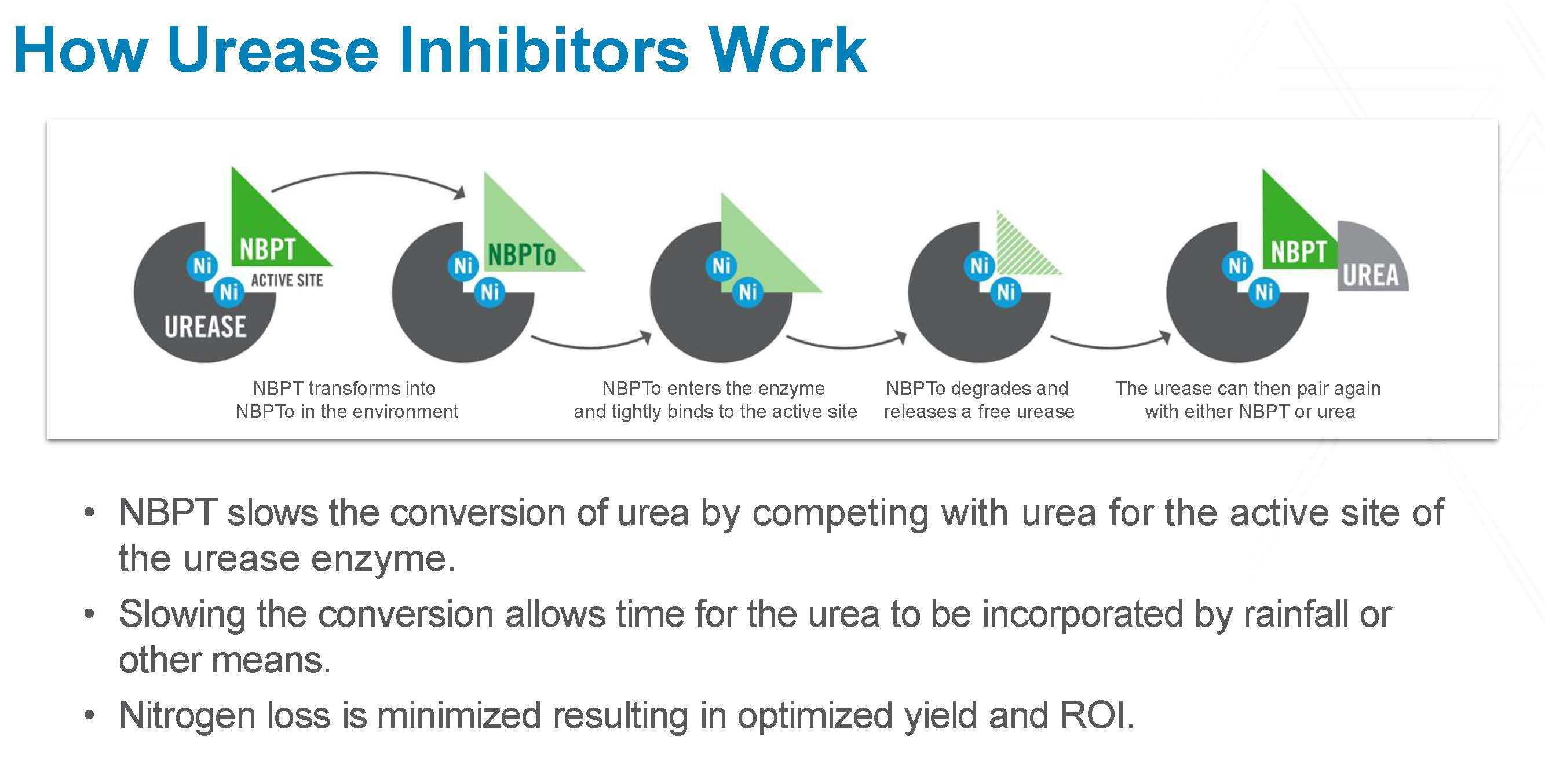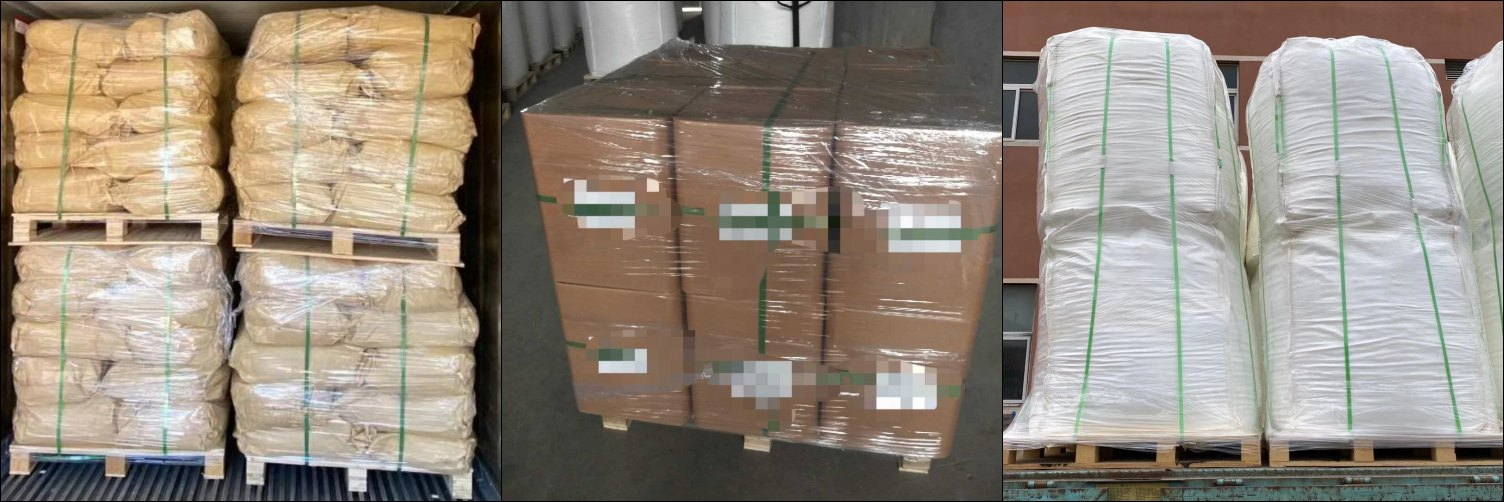NBPT (n-butyl thiophosphoric triamide), the molecular formula is C4H14N3PS, the CAS number is 94317-64-3, is a white fine crystal or white powder, is an excellent soil urease inhibitor, can be very effective Inhibit the hydrolysis of urea in the soil and reduce the volatilization and nitrification of ammonium nitrogen.
Under normal use conditions, agricultural chemical fertilizers, mainly nitrogen fertilizers, are quickly decomposed by urease in the soil. This not only wastes a large amount of nitrogen fertilizer resources, increases crop production costs, but also brings a series of problems such as soil compaction and environmental pollution. Nitrogen fertilizers, especially the addition of urease inhibitor NBPT to urea, can inhibit and slow-release. It can effectively slow down the enzymatic hydrolysis process of fertilizers decomposing into ammonia, reduce waste, and prolong the diffusion time of fertilizers at the fertilization point. The fertilizer supply of the soil and the fertilizer demand of the crop are synchronized, thereby increasing the effective utilization rate of fertilizer by 30%-40%, and the fertilizer efficiency can be increased from 50 days to about 120 days, covering almost the entire growth period of the crop.
As a soil urease inhibitor, NBPT is highly effective, non-toxic, and has no side effects on the soil, and it is naturally degraded into ammonia and phosphorus in the soil. It can also be used as a fertilizer to be absorbed by crop roots and reduce the toxic effect of ammonia on seed germination and seedling growth.
From the perspective of the global market, large fertilizer companies in major food producing countries such as the United States, Canada, Australia, Brazil, and Europe have carried out large-scale industrial development of NBPT. The long-acting urea prepared with NBPT has been widely used in the agriculture of various countrie
Post time: Dec-09-2021







